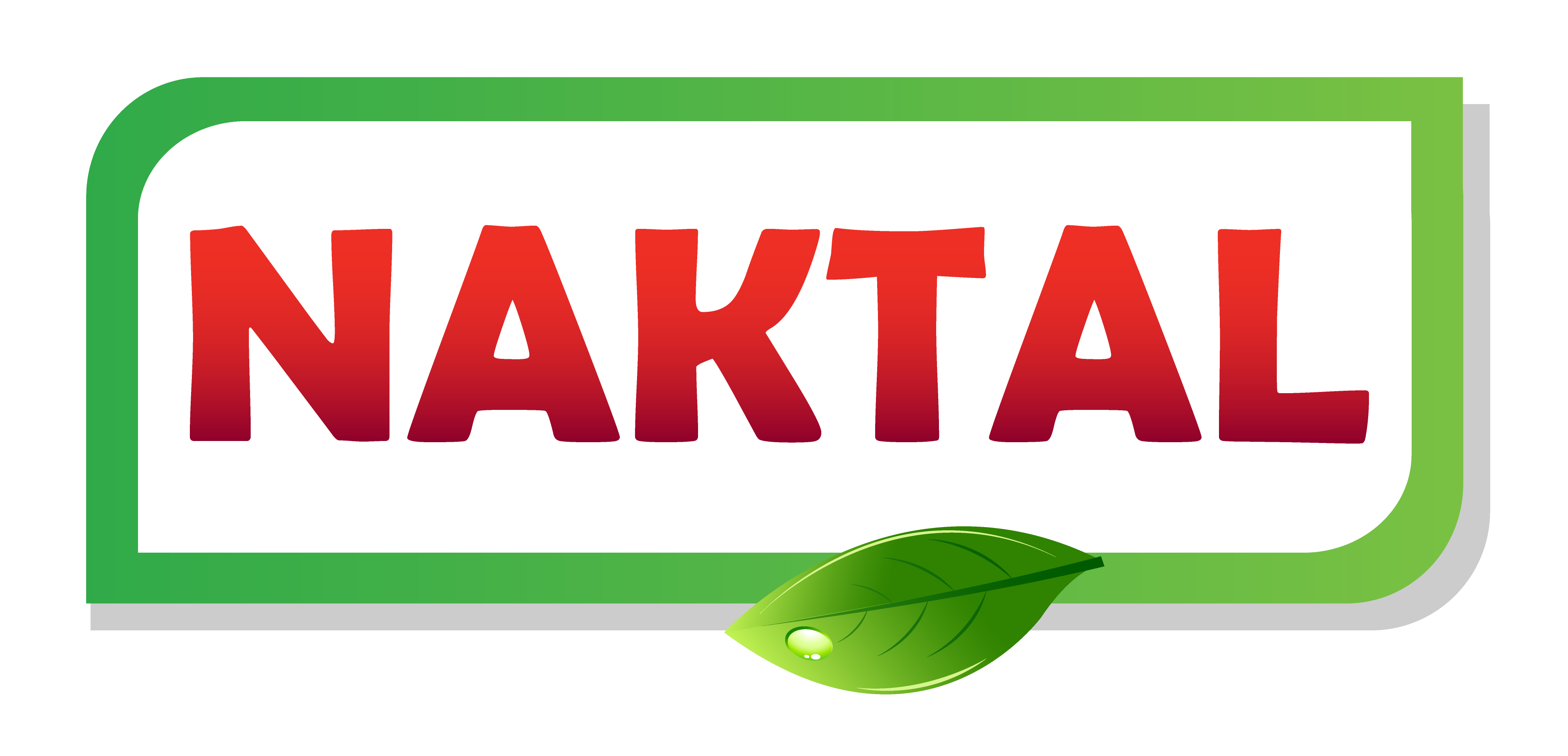Etodolac: Everything You Need to Know
Etodolac is a nonsteroidal anti-inflammatory drug (NSAID) widely used to relieve pain and inflammation. This guide will explore its uses, benefits, potential side effects, and expert recommendations to help you make informed decisions about your health.
What is Etodolac?
Etodolac belongs to the NSAID class of medications, which work by reducing hormones that cause inflammation and pain in the body. It is commonly prescribed for conditions such as arthritis, including osteoarthritis and rheumatoid arthritis, as well as for short-term pain management.
Mechanism of Action
The primary mechanism of etodolac involves the inhibition of cyclooxygenase (COX) enzymes, particularly COX-2. These enzymes play a crucial role in the synthesis of prostaglandins, which are compounds associated with pain, fever, and inflammation. By inhibiting these enzymes, etodolac effectively reduces inflammation and alleviates pain.
Indications for Use
Etodolac is primarily indicated for:
– Osteoarthritis
– Rheumatoid arthritis
– Acute pain management
– Back pain
– Joint and muscle injuries
Recommended Dosage and Administration
The dosage of etodolac may vary based on the condition being treated and the patient’s medical history. It’s essential to follow your healthcare provider’s recommendations. Generally, the dosage is:
– Osteoarthritis and Rheumatoid Arthritis: 300 mg to 600 mg twice daily
– Acute Pain: 200 mg to 400 mg every 6 to 8 hours as needed
It’s advisable to take etodolac with food or milk to minimize gastrointestinal discomfort.
Potential Side Effects
While etodolac is effective in managing pain and inflammation, it may cause side effects in some individuals. Common side effects include:
– Nausea
– Vomiting
– Diarrhea
– Indigestion
– Dizziness
More serious side effects, though rare, can include:
– Stomach ulcers
– Kidney problems
– Liver issues
– High blood pressure
If you experience any severe side effects or signs of an allergic reaction, such as rash, swelling, or difficulty breathing, seek medical attention immediately.
Comments from Healthcare Professionals
Dr. Jane Smith, a rheumatologist, notes, “Etodolac is a valuable medication for managing chronic inflammatory conditions. It’s important for patients to communicate with their healthcare providers about any side effects they experience, as adjustments to the medication or dosage can often mitigate these issues.”
Pharmacist John Doe adds, “Patients should always be cautious about drug interactions when taking NSAIDs like etodolac. It’s vital to inform your pharmacist about all medications and supplements you are using to avoid potential interactions.”
Where to Buy Etodolac
For those seeking to purchase etodolac, consider using our recommended site for reliable and convenient access to this medication. Visit our website to place your order.
Expert Tips for Safe Use
– Consult Your Doctor: Always discuss with your healthcare provider before starting etodolac, especially if you have a history of heart disease, hypertension, or gastrointestinal issues.
– Monitor for Side Effects: Keep track of any side effects you may experience and report them to your doctor.
– Stay Informed: Regularly review the latest research and updates on NSAIDs to ensure you’re using them safely and effectively.
Additional Resources
For further information on etodolac and its use, consider reviewing reputable sources such as:
– The National Institutes of Health (NIH)
– The American College of Rheumatology
– The U.S. Food and Drug Administration (FDA)
By staying informed and consulting with healthcare professionals, you can achieve the best outcomes while using etodolac for pain management.
